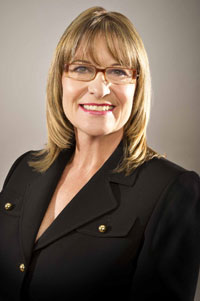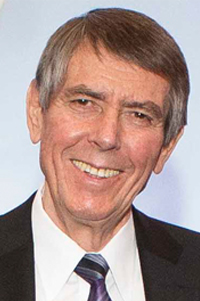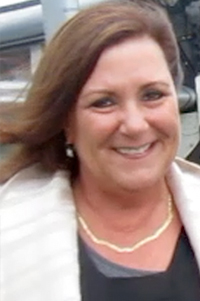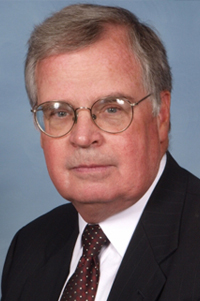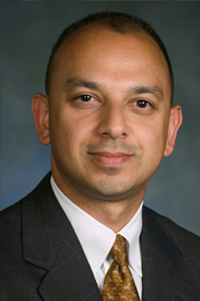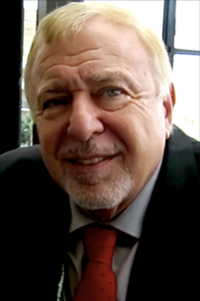 |
 |
 #INTHEAIREVERYWHERE |
| Vol. 15 No. 69 | Sunday
September 11, 2016 |
We have known
Jim Larsen for as long as we have been in the air cargo
business.
The morning
of September 11th could best be described as ideal.
The sun was bright, the air was clear, and from the
65th floor of the World Trade Center I could look across,
through New Jersey, almost to the Poconos in Pennsylvania.
Just a few odds and ends to take care of and I would
be on my way to JFK for a luncheon hosted by a cargo
promotion group from the U.K. |
This
is from our back pages. In 2011, we spoke with more
than three dozen air cargo people about their feelings
surrounding the events during and after the fateful
day of September 11, 2001.
|
|
|
The
reason FlyingTypers reads as well as it does and has,
in our humble opinion, become a journal that has raised
the bar for all air cargo publications is due in part
to our Managing Editor, Flossie Arend, who spent the
better part of her adult life preparing in university
and now on the job to be among the best and brightest
creative writers and editors on the planet.
That is not just a father’s
boast, either.
Upon entering a writing
conservatory at University, she was named among the
top creative writers in America by Scholastic Publications.
Scholastic Publications
actually thought enough of Flossie to hire her straight
out of college before she joined Air Cargo News FlyingTypers.
Now, after our brief look
at the future for air cargo, Flossie writes about her
experience and thoughts around 911.
Geoffrey Arend
|
|
 |
 |
If
You Missed Any Of The Previous 3 Issues Of FlyingTypers
Access complete issue by clicking on issue icon or Access specific articles by clicking on article title |
||
 Vol. 15 No. 66 Uptick Challenged By Yields Picture For A Tuesday Afternoon Chuckles For August 30, 2016 Why Express America Climbed ACIA Summit |
 Vol. 15 No. 67 Turkish Cargo Steps Out In September Must To Attend Events Chuckles For September 1, 2016 A Saphir Solution For Logistics Transforming August At EMO Our Man In Cuba |
|
Publisher-Geoffrey
Arend • Managing Editor-Flossie Arend • Film Editor-Ralph Arend • Special Assignments-Sabiha Arend, Emily Arend • Advertising Sales-Judy Miller |
|

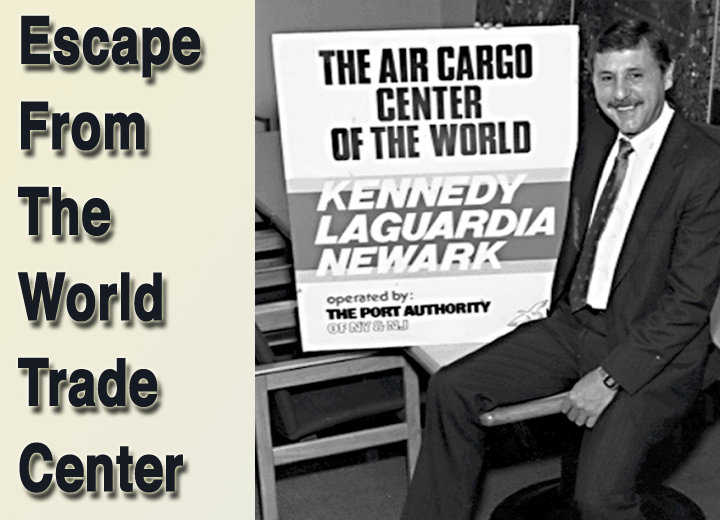
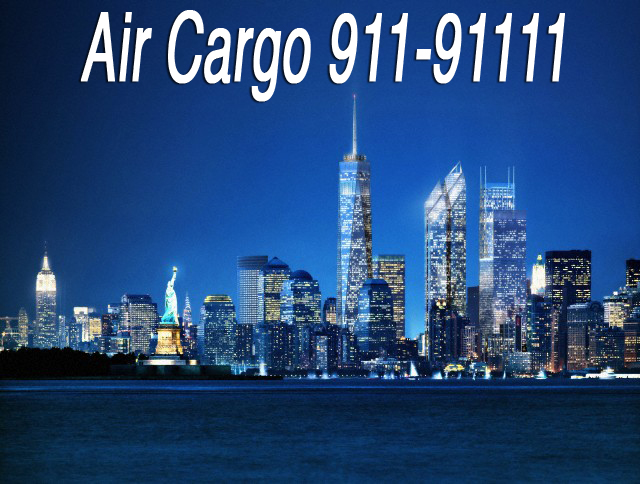 Rendering
of the future World Trade Center from the World
Trade Center rebuilding update news conference
held in New York on Sept. 7, 2011.
Rendering
of the future World Trade Center from the World
Trade Center rebuilding update news conference
held in New York on Sept. 7, 2011. 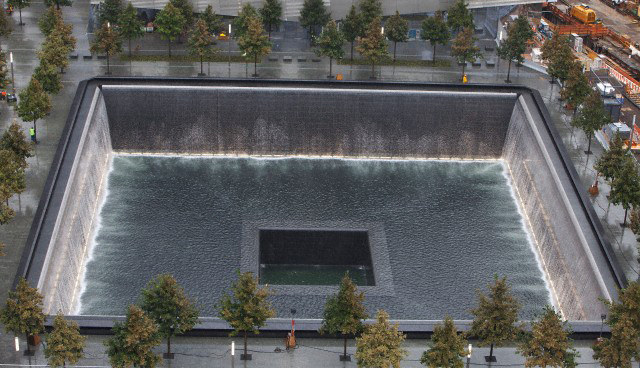
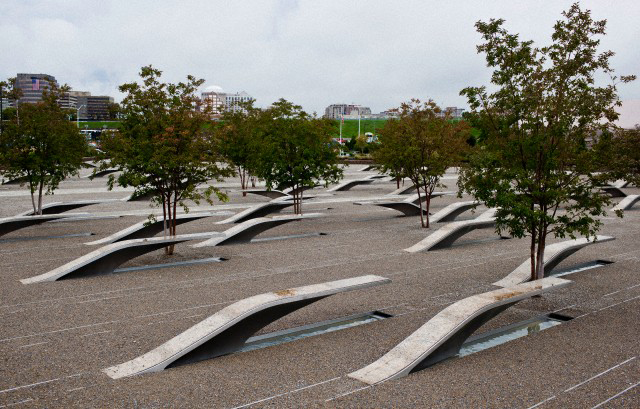
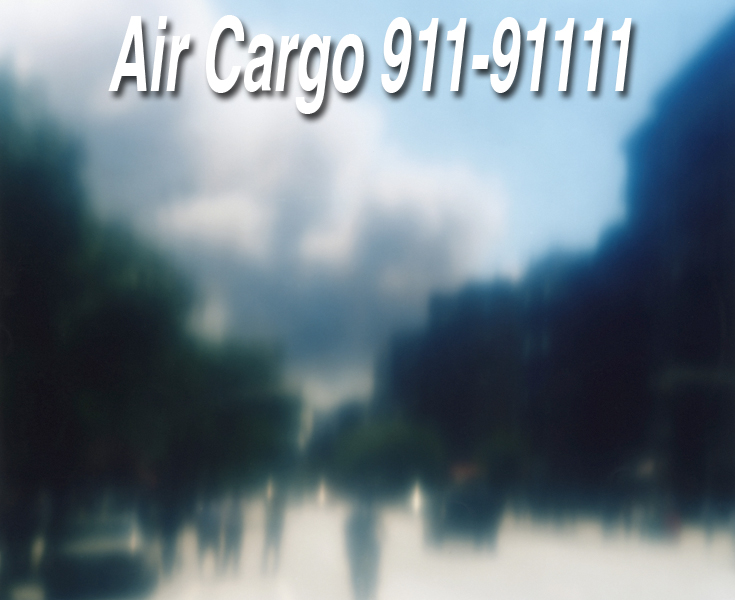
 Flossie
Arend
Flossie
Arend
